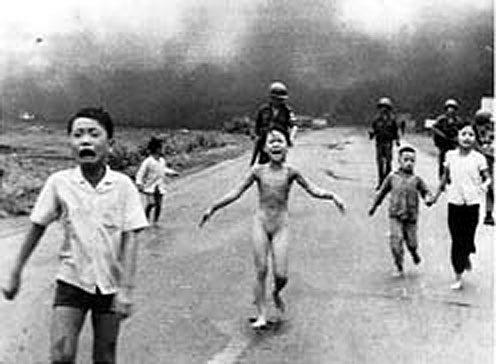Since wars begin in the minds of men, it is in the minds of men that the defences of peace must be constructed......UNESCO, in keeping with its Constitution, takes a very cerebral approach to building the defenses of peace in the minds of men. How about people's emotions?
The States Parties to this Constitution, believing in full and equal opportunities for education for all, in the unrestricted pursuit of objective truth, and in the free exchange of ideas and knowledge, are agreed and determined to develop and to increase the means of communication between their peoples and to employ these means for the purposes of mutual understanding and a truer and more perfect knowledge of each other’s lives;
In consequence whereof they do hereby create the United Nations Educational, Scientific and Cultural Organization for the purpose of advancing, through the educational and scientific and cultural relations of the peoples of the world, the objectives of international peace and of the common welfare of mankind for which the United Nations Organization was established and which its Charter proclaims.
The UNESCO Constitution
 | ||
| Huynh Cong "Nick" Ut photo via THREE IMAGES: The Effects of Photojournalism on the Protest Movement during the Vietnam War |
As I recall the U.S. public response to the war in Vietnam, it differed from that to previous 20th century wars because we saw it covered on television. Pictures, especially moving pictures affect the brain differently than do written words and statistics. If UNESCO wants to create defenses of peace in the brains of men, not just in their minds, then it must complement its cerebral approach with an approach that is also emotional.
Cognitive science has advanced a great deal since the time of the birth of UNESCO. We understand that people are not simply rational. We think with our brains and our thought is not just logical and rational, but also emotional. Some of our decisions are made slowly and based on analysis, others are made quickly and based on intuition. Some of our intuitions seem to be hard wired and others learned. UNESCO more than any other UN organization should understand the advances in science and their implications for how it is to go about its mission.
Indeed, we must recognize that learning has emotional aspects as well as cerebral and moral; science may be cerebral, but scientists are emotional. The sites and objects of our cultural heritage have not only aesthetic content, but affect us emotionally. Communications have emotional content. UNESCO should be emotional as well as cerebral.
There are fewer that 2000 people employed in UNESCO's secretariat. There are many, many more people who are affiliated with UNESCO's purpose though its National Commissions, associated schools, UNESCO clubs, world heritage sites, and other UNESCO networks. I hope and believe this larger network of people advance the defenses of peace in the brains of men (and women and children) using all the available means.
No comments:
Post a Comment